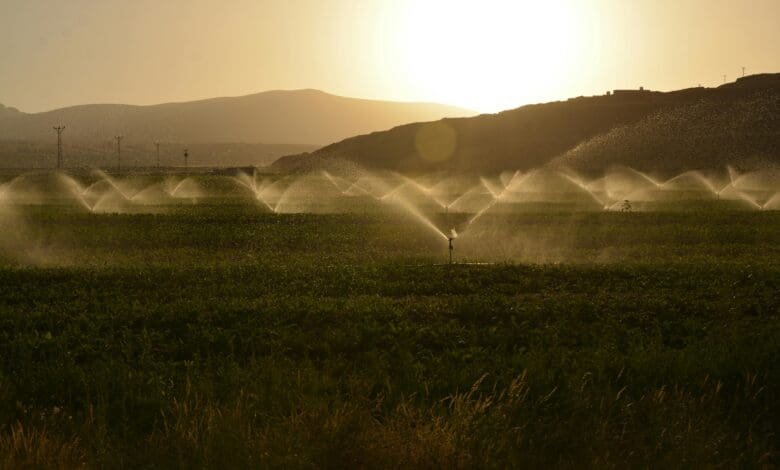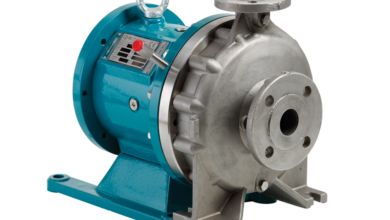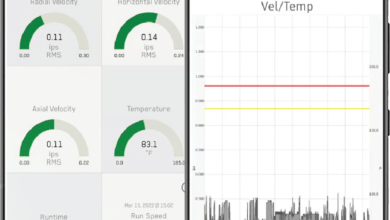Drive water sustainability with smart irrigation

Begoña Tarrazona, Irrigation Specialist at Xylem, explains how integrated digital platforms are helping cities and farms cut waste, improve resilience and build a more sustainable water future.
As water scarcity intensifies, cities and farmers are rethinking one of the world’s most water-intensive practices: irrigation. Irrigation alone accounts for about 70% of global freshwater withdrawals, according to the World Bank. Yet, many systems still rely on rigid schedules or manual controls, leading to unnecessary water use, higher costs, and inefficient outcomes.
A more sustainable approach to irrigation is gaining traction. With the rise of digital irrigation tools, real-time data is enabling smarter, more responsive water management – ensuring crops, parks, and green spaces are watered only when and where it’s needed.
Traditional irrigation
Many conventional systems operate on fixed schedules or manual controls, delivering water whether it’s needed or not. This often leads to over-irrigation, runoff, and wasted resources – especially in large areas like parks or farms. In some regions, irrigation infrastructure is outdated or nonexistent, making efficient water use nearly impossible.
Smart irrigation
Smart irrigation is about adapting to what’s happening in the field, not following a fixed schedule. It means using sensors and tools that track soil moisture, weather patterns, and plant health, and then applying that information to make better decisions.
Whether it’s a farmer skipping a watering cycle after rain or a city managing irrigation across dozens of parks, the goal is the same: deliver the right amount of water only when and where it’s needed.
The role of data integration
Data integration is the engine behind smart irrigation. It brings together information from multiple sources, such as soil sensors, weather forecasts, satellite imagery, and flow meters, into a single view. That allows operators to make faster, more accurate decisions. Instead of reacting to problems after they happen, they can anticipate needs, detect anomalies, and fine-tune irrigation schedules in real time. Without integrated data, even the most advanced sensors and devices operate in isolation and miss the bigger picture.
Xylem Vue offers two smart irrigation platforms. Agrotwin helps farmers integrate and optimise irrigation, fertilisation, and pumping across their fields. Unified Network Management does the same for cities managing public park irrigation systems.
Both platforms collect, standardise, and analyse data across the entire irrigation network, giving users a central dashboard to monitor performance, set alerts, and automate decisions. The result is better water efficiency, energy savings, early leak detection, and longer system lifespan.
Smart irrigation in action
In Al Khor, Qatar, Xylem helped the city implement smart irrigation across two public parks. The goal was to optimise water use in landscaped areas with a centralised control system that could monitor all assets and automate irrigation planning based on environmental conditions, such as weather.
The results were significant: water use dropped by up to 27%, hydraulic efficiency improved by 10%, and energy consumption for pumping was reduced by as much as 70%.
The project earned a national green award and highlighted the environmental and operational benefits of a data-driven approach.
Beyond water savings
First, there are the direct savings – less water used, lower energy bills, and reduced use of fertilisers. However, smart irrigation also helps extend the life of infrastructure by detecting problems like leaks or pressure changes early, before they turn into major repairs. On top of that, the approach supports environmental goals by cutting carbon emissions and reducing nitrate runoff into groundwater.
Driving broader adoption
Adoption isn’t just about having the right technology, though; it also depends on training, support, and resources. Many growers and municipalities recognise the potential, but they may lack the expertise or funding to implement smart irrigation on their own. To scale this effectively, we need stronger policy support, more education, and programs that make the transition easier for those on the ground.







